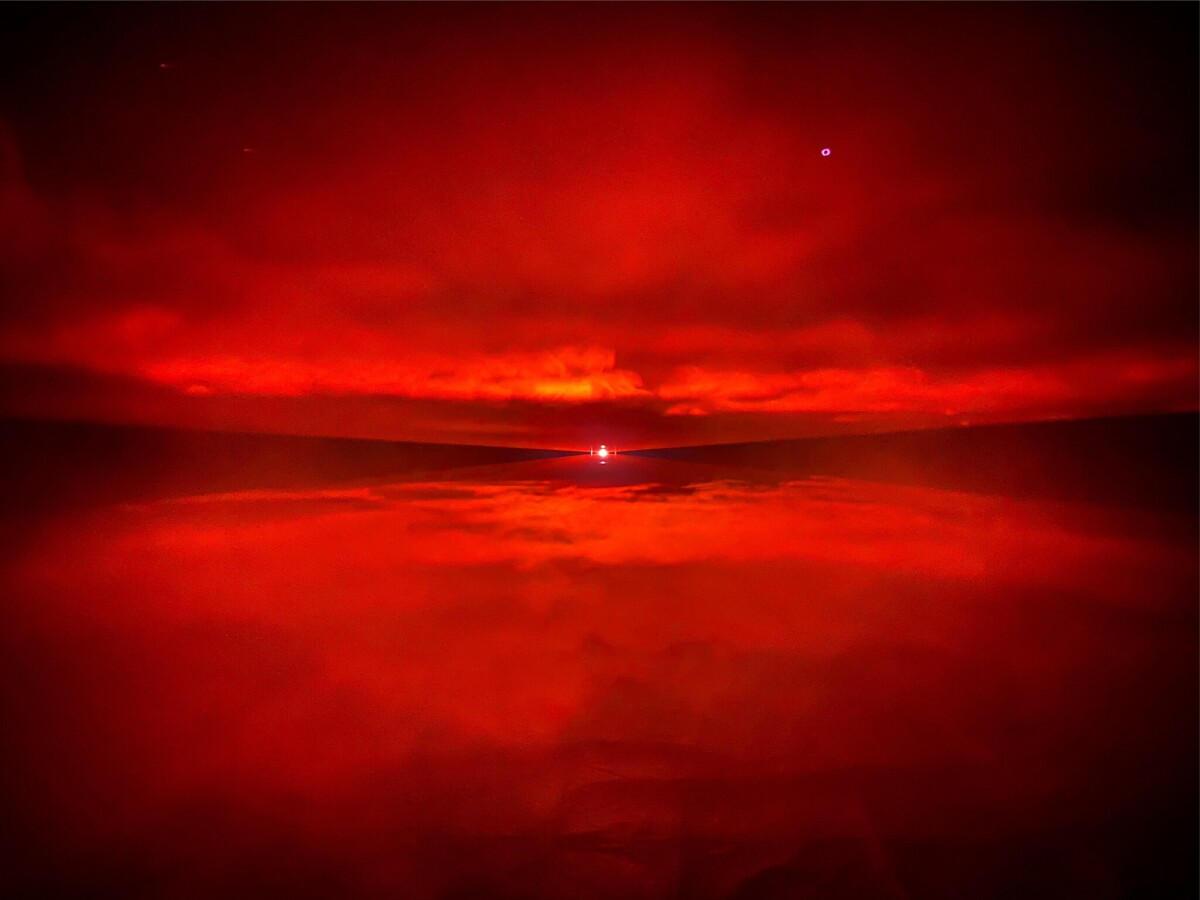Singularity
A 30 Philosophers touchstone: Chapter 1, “Origin Story.” The universe began as an infinitely dense, unimaginably hot, and minuscule point known as a singularity. In a breathtaking instant, this singularity expanded and cooled, giving rise to the fabric of space, time, and matter, with all the laws of physics taking shape in that moment. The singularity didn’t exist in time as we understand it, because time itself was created in the following moments. This moment marks not just the birth of the universe but the beginning of time and space itself, setting the stage for the extraordinary event known as the Big Bang.
While the singularity arises naturally from the equations of general relativity when extrapolated back in time, it represents a point where these laws of physics as we currently understand them break down. This theoretical state represented the ultimate limit of physical density and temperature, beyond our understanding of the laws of physics.
Yet even this origin moment remains an active area of investigation. The current best estimate — that the universe is about 13.8 billion years old — comes from careful measurements of the cosmic microwave background radiation and the rate of cosmic expansion. Still, this number is not set in stone. Some astronomers, looking at the brightness of very old stars or at how galaxies form in simulations, have suggested ages that could shift the timeline by hundreds of millions of years in either direction.
The debate arises because we are measuring the universe from within it, using the cosmic expansion as both a clock and a ruler. If the expansion rate, known as the Hubble constant, is even slightly different depending on the method of measurement, the implied age of the universe shifts too. Some results point to a universe a bit younger, around 12.5–13 billion years; others hint at a slightly older cosmos, closer to 14.5 billion years. This “Hubble tension” doesn’t overturn the Big Bang model, but it does remind us that science is a living process: our cosmic origin story continues to be refined as new data arrive.
A few speculative models have even suggested the universe might be far older than 13.8 billion years — closer to 20 or even 25 billion. These ideas, inspired partly by recent James Webb Space Telescope observations of surprisingly mature early galaxies, propose extensions to standard cosmology, such as varying physical constants or alternative explanations for redshift. While intriguing, these models remain highly speculative and face challenges when tested against the broad body of cosmological evidence, such as the cosmic microwave background and the observed abundances of light elements. Still, they serve as a reminder that science thrives on bold ideas and that our cosmic origin story is not yet complete.



